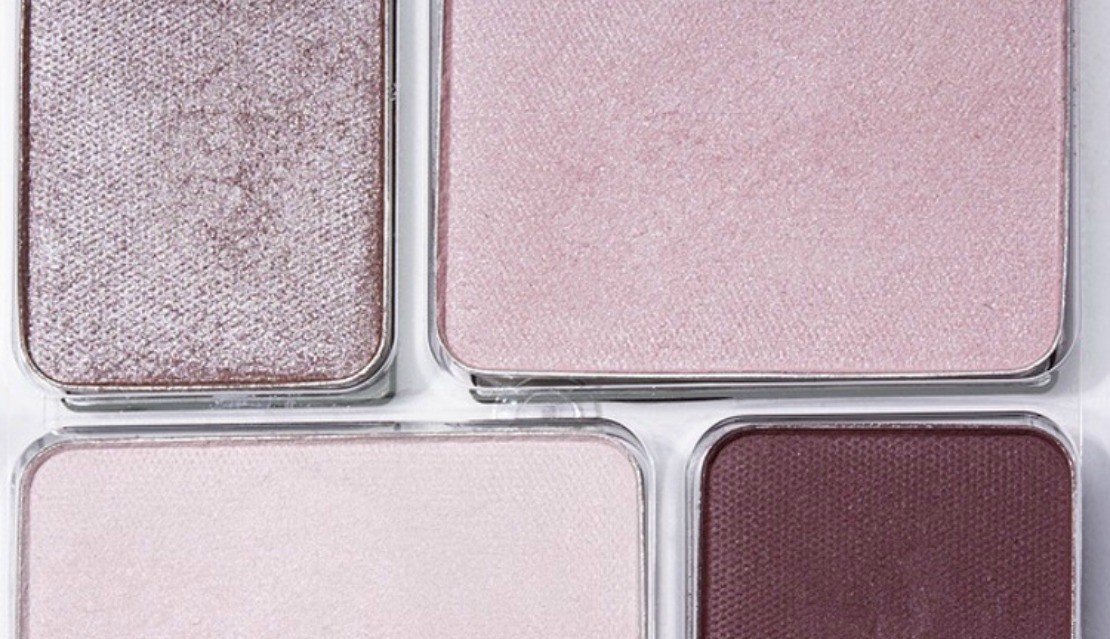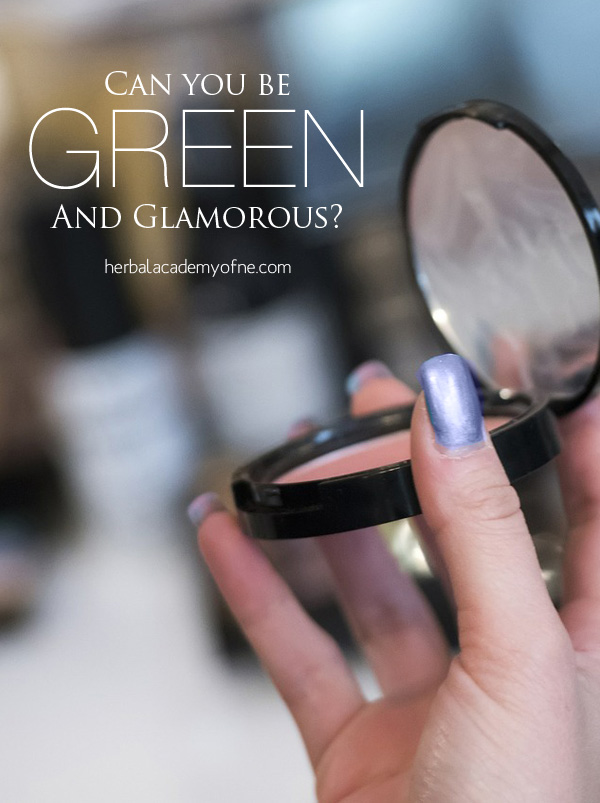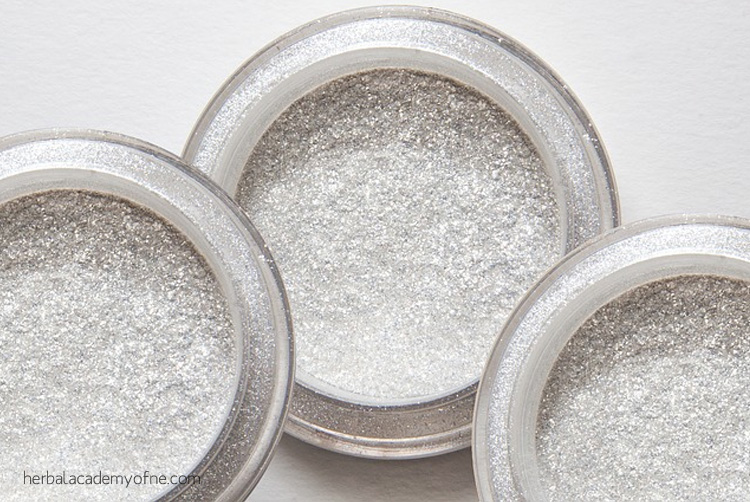
Can You Be Green and Glamorous?
Editorial Note: This is the first part of a two-part post exploring the realities of the cosmetics and personal care product industry. The first part focuses on animal testing and cruelty-free alternatives. The second post will delve deeper into natural products and environmental impacts.
As human beings, we are multi-faceted creatures. But what happened when different parts of our selves seem to be at odds with one another?
I am a devoted animal lover, animal rights advocate, and an environmentalist. But I am also a girly girl who loves makeup and skincare products. I have spent a lot of time thinking about how the cosmetic and personal care industries affect animals and the environment. The more I learn about these issues, the harder it is to reconcile my love for beauty goods and my love for the planet and its inhabitants.
Pretty for People, Ugly for Animals
I have a vivid memory of wearing baby blue mascara in the 80s. Not only did I think that it was just about the coolest thing ever, but I also thought that since I was wearing it, I was pretty cool, too.
Apparently, there is bliss in ignorance because for many years I had no idea about the realities of animal testing in the makeup and skincare industries. Learning about this opened my eyes to certain realities and forced me to take a deeper look at these issues.
Flawed Science Yields Faulty Results
Animal testing on personal care and household products is commonplace and widespread in the United States. Although legal in the United States, the Food and Drug Administration and the Consumer Product Safety Commission do not require that these products are tested on animals.
A 2011 study showed that 67% percent of Americans do not think cosmetics should be tested on animals (AAVS.org). Despite this statistic and efforts like the Humane Cosmetics Act, the United States lags well behind other nations, such as the European Union, Israel, and India, who all have laws against animal testing.
Testing the safety of cosmetic, personal care, and household products on animals is based on the outdated assumption that animals’ bodies respond in the same ways that humans’ do. Thus, hundreds of thousands* of animals — mostly mice, rats, rabbits, but also dogs, cats, and primates — are subject to tests every year in the name of “science.” Due to great biological differences in human and non-human animals, this type of testing fails to provide accurate, dependable data and results in blindness, poisoning, suffering, and death for innocent animals.
Fabulous and Cruelty-Free Resources
What’s a green girl to do? I’ve discovered that it is possible — and easy — to find high-quality, animal cruelty-free (CF) cosmetics and personal care products. All you have to do is look for the information and utilize the resources available to help you sift through this vast amount of information.
A quick online search will yield myriad informative websites and apps. Leaping Bunny/CCIC maintains a list of animal-friendly brands, as does PETA, whose database also lists companies that do test on animals as well as CF subsidiaries of non-compliant parent companies. Both organizations have helpful cell phone apps as well.
Other beneficial apps include Cruelty-Cutter (run by the Beagle Freedom Project) and Good Guide, which rates products based on health, environment, and social impact. Animal-Free and Is It Vegan? are good sources for individuals seeking merchandise that is cruelty- and animal ingredient-free. (A good example is Burt’s Bee, which is natural and cruelty-free, but not vegan since it contains beeswax).
Please note that while most cruelty-free companies put the iconic bunny symbol right on the package, some animal-friendly brands do not print the logo on their packages. Be sure to double check so you don’t pass up a great bunny-approved option! When in doubt, ask questions. Contact a company or store directly if you have specific questions or concerns about their brand or products.

Practice and Progress, Not Perfection
Just as you choose which brands you support and which items you purchase and consume in regards to food, it is also important to set personal priorities and parameters with respect to the personal care products you purchase.
For me, makeup is another form of self-expression, like clothing and tattoos. I love makeup, but I also love animals. And, in an effort to reduce their suffering, I choose not to eat them. Similarly, I don’t want animals to suffer so I can rock a sassy red lipstick.
I think there is a part of me that will always feel conflicted by this, but I have to find balance that works for me. I am human and imperfect, but as a compassionate consumer I will educate myself (and hopefully others) on the realities of the beauty industry and make responsible, animal-friendly decisions.
*Numbers vary according to sources. PETA claims this number is as high as the millions.
This post is written by Melissa Salce. Melissa is a writer, editor, and crafter with more than 15 years of professional writing experience. Passionate about animal rights and the planet, she launched Don’t Worry, Be Earthy as a way to help others help the world. Her work has appeared in Interior Design magazine, Shore Line Times newspaper, and various newsletters and trade publications.
Cruelty-Free Resources:
REFERENCES:
Animals in Science: How Animals are Used (Testing). Retried from aavs.org/animals-science/how-animals-are-used/testing/
Shaeffer, Crystal (2010). Product Testing: Beginning to an End?. AV Magazine, Number 2.
Product Testing: Toxic and Tragic. Retrieved from www.peta.org/issues/animals-used-for-experimentation/animals-used-experimentation-factsheets/product-testing-toxic-tragic
Cosmetics and Household-Product Animal Testing. Retrieved from www.peta.org/issues/animals-used-for-experimentation/cosmetic-household-products-animal-testing
Rep. Moran, James P. (2014). H.R.4148: Humane Cosmetics Act. Retrieved from https://www.congress.gov/bill/113th-congress/house-bill/4148








